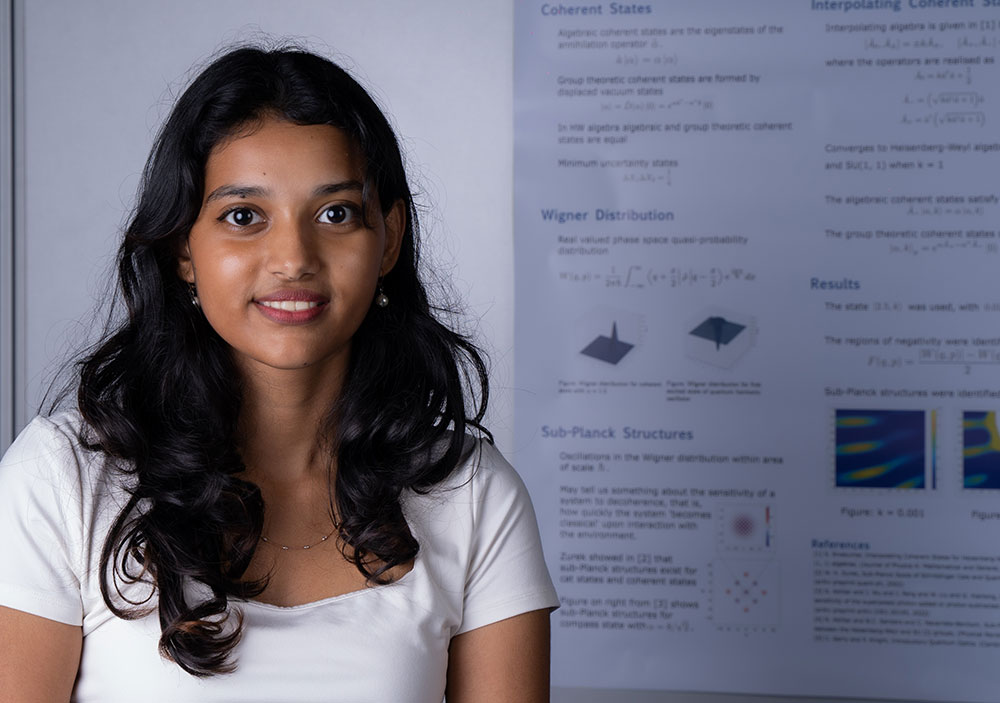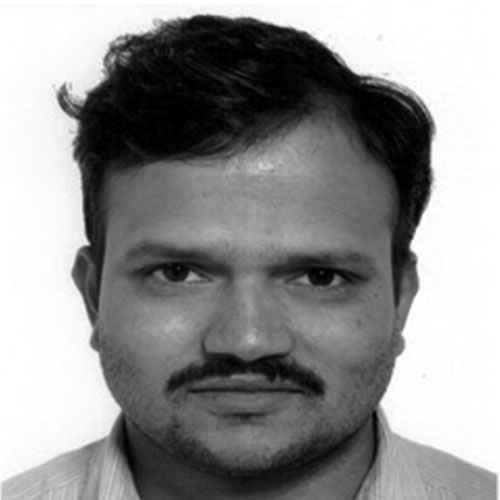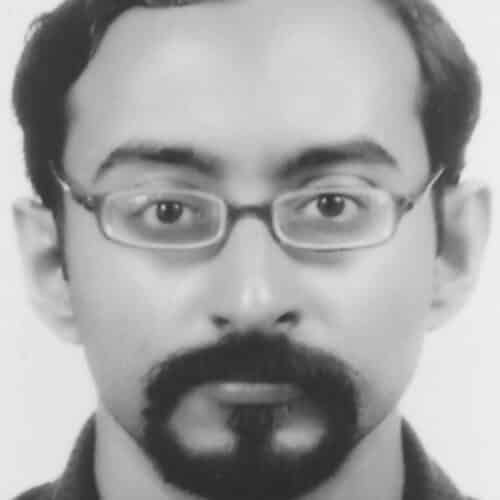Major:
To earn a Physics Major in a 3-year UG Program, a student is required to complete a minimum of 62 credits in Physics, out of which 50 credits (7 four-credit courses and 11 two-credit courses) will be from required courses, and 12 credits will be from electives.
Minor:
To earn a Minor in Physics in a 3-year UG Program, a student is required to complete a minimum of 24 credits in Physics, out of which 22 credits (3 four-credit courses and 5 two-credit courses) will be from required courses, and 2 credits will be from electives.
Concentration:
To earn a Concentration in Physics in a 3-year UG Program, a student is required to complete a minimum of 18 credits in Physics (3 four-credit courses and 3 two-credit courses) from required courses.
The Krea physics graduate may pursue a wide array of postgraduate degrees in physics, chemistry, biology, computer science, optometry, instrumentation, and electronics. Career prospects include academics, specifically research institutes and industries requiring quality control, instrumentation, and mathematical modeling. Physics majors are also attractive candidates for research-oriented positions in mega-science projects such as LIGO, INO, LHC, and ITER.
Physics Φ-esta 2023
December 12-13, 2023 | Krea University Campus
The students and faculty of Physics at Krea have put together Physics Φ-esta (read as “Physics Fiesta”), a two-day event on December 12-13, 2023. Through seminars, interactive demonstrations, competitions and more, we hope to share with the Krea community the same sense of wonder and excitement that we experience in trying to understand our Universe through the lens of physics.
All the activities are aimed at a general non-technical audience. We hope you will join us in sampling this smorgasbord of physics and enjoy it as much as we have enjoyed setting it up for you.
———————————————-








